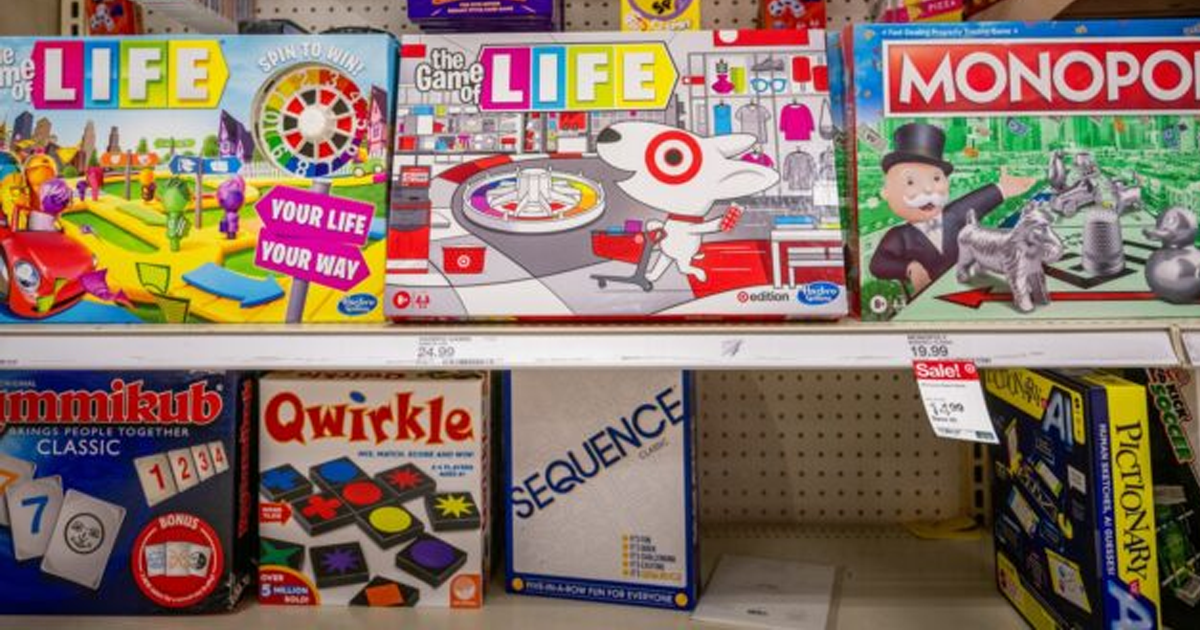In a striking example of corporate misjudgment, Hasbro Toys has announced the layoff of 1,100 employees right before Christmas, following its alliance with what many see as the increasingly controversial Disney, often dubbed the “Disney Grooming Syndicate.” This decision came two years after Hasbro extended its deal with Disney to market Star Wars, Marvel, and Indiana Jones toys – a move that now seems ill-fated.
This latest round of layoffs comes on top of an earlier cut of 800 staff positions earlier this year. Hasbro CEO Chris Cocks attributed these layoffs to “headwinds” and a post-pandemic slowdown in toy sales. However, it’s clear that the real culprits are the disastrous economic policies of the Biden administration, which have triggered rampant inflation, crippling the average American family’s purchasing power.
Looking beyond these immediate factors, the root issue lies with Disney’s recent direction, which many believe is out of touch with mainstream values. Two years ago, when Hasbro proudly announced its renewed relationship with Lucasfilm and a new deal for Indiana Jones products, there was much optimism. Stephanie Young, President of Disney Consumer Products, Games and Publishing, praised this collaboration, anticipating great success for Marvel, Star Wars, and Indiana Jones franchises.
Fast forward to today, and the landscape looks drastically different. Star Wars faces widespread disdain, Marvel’s latest offerings are underperforming, and the “highly anticipated” new Indiana Jones film sank without leaving a ripple in popular culture. This turn of events is hardly surprising, given Disney’s shift towards overtly progressive messaging in its movies and shows – a move that has alienated a significant portion of its traditional audience.
So, why does this matter for Hasbro? The answer lies in comparing Hasbro’s struggles with Mattel’s recent success. Mattel’s soaring sales, driven in part by the popularity of Barbie, especially following her film debut, starkly contrast with Hasbro’s declining fortunes. This disparity points to the critical role successful movies and TV shows play in driving merchandise sales, particularly for a company like Disney, which relies on its cinematic and television content to fuel its broader business ecosystem, including theme parks, cruises, and merchandise.
As Disney continues to push a narrative that many believe amounts to “grooming” and “queering” young audiences, the ripple effect is being felt across the industry. Companies like Hasbro, which have hitched their wagon to Disney’s brand, are now facing the consequences of this association. This situation serves as a cautionary tale: aligning with entities that veer too far from traditional values and family-friendly content can have severe repercussions. Hasbro’s unfortunate layoffs are a testament to the cost of doing business with what some perceive as a morally compromised partner.



